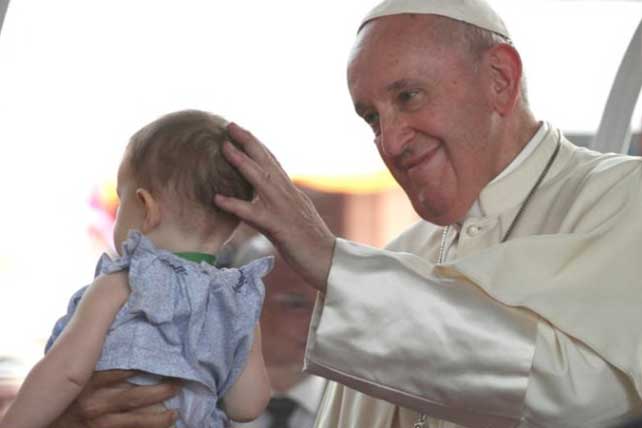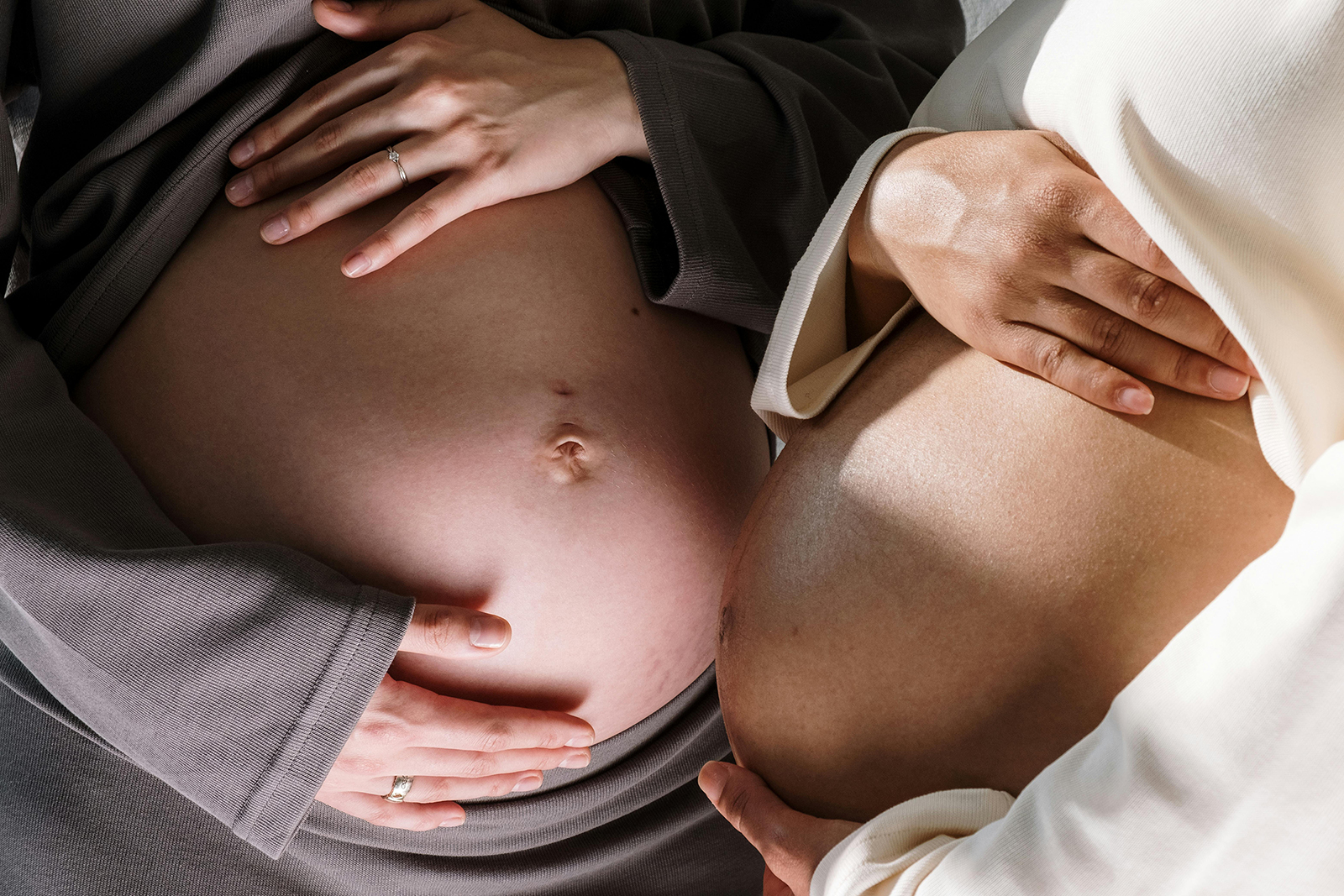The pope’s pronouncements echo the official position of the Catholic Church on these issues, born from its opposition to in-vitro fertilization for both gay and heterosexual couples. A 1987 document by the Vatican’s doctrinal department, led by Cardinal Joseph Ratzinger, opposed surrogacy because it relied on IVF, which results in the freezing and possible destruction of human embryos.
Francis also spoke about surrogacy in 2022, describing it as “inhuman” and dangerous for women.
“The pope has been very clear and explicit,” said Fabrizio Mastrofini, the spokesperson for the Vatican’s Pontifical Academy for Life, a think-tank tasked with addressing the intersection of human dignity and modern technological advancements.
“His position wishes to protect women first of all, so they don’t end up in a spiral of exploitation,” Mastrofini told Religion News Service in a message on Thursday (Jan. 18). The Academy for Life watches technological developments closely, he added, and is committed to promoting the church’s ethical views in light of Catholic Social Doctrine.
Shortly after the pope made his speech, the U.S. Catholic Bishops issued a statement in support of his words. “The commercialization of women and children in surrogacy is underlined by the belief that there is a right to have a child,” read the Jan. 10 statement, signed by Bishop Robert Barron of Winona-Rochester, chairman of the USCCB’s Committee on Laity, Marriage, Family Life, and Youth.
“The desire to utilize surrogacy might feel like the desire to form a family naturally, but no matter how well-intentioned, surrogacy always does grave injustice to the child, any discarded embryos (who are our fellow human beings), the commodified birth mother, and the loving union of the spouses,” it read.
Two pregnant women place hands on their bellies. (Photo by Cottonbro Studio/Pexels/Creative Commons)
Surrogacy is legal in the U.S. where states have passed legislation allowing the practice. Surrogate motherhood is often categorized as either commercial surrogacy, where a woman is paid to carry a child, or altruistic surrogacy, where a woman offers to carry a child for another at no cost. States have passed different laws on surrogacy, sometimes banning commercial surrogacy altogether.
According to one study, over 18,000 children were born in the U.S. via surrogacy between 1999 and 2013. The Centers for Disease Control and Prevention show that the practice is on the rise. The number of embryos carried by surrogate mothers has grown from 2,841 in 2011 to 9,195 in 2019.
The U.S. is currently the only country that allows commercial surrogacy for same-sex couples. While official figures are hard to find, a study of fertility clinics in over 10 cities, conducted by Fertility IQ for the Chicago Tribune, found up to a 50% rise in gay men who have had children via surrogacy between 2011 and 2015.
Surrogacy has turned into a multibillion-dollar market in the United States, where health care costs for the practice average around $140,000.
Globally, surrogacy is a hotly debated issue. Many European countries, like Austria, France, Germany and Italy, ban the practice. In May, Pope Francis joined with Italian right-wing Prime Minister Giorgia Meloni, the first female leader of Italy’s government, to address the country’s declining birth rates at a conference where they made clear that surrogacy does not represent a viable or ethical option.
The Italian government is currently considering legislation that would make using surrogate mothers abroad a criminal offense.
“What’s difficult is that (surrogacies) vary widely based on their context,” Ambrosino said, adding that not all countries provide the robust legal protections that are present for gestational carriers or surrogates in the United States.
“What is completely clear is that the pope is calling on all people of good will to protect the dignity of women and children, and, based on my experience and that of countless other intended parents, it is possible to protect the dignity of women and children while pursuing third-party reproduction,” he added.
This article originally appeared here.


